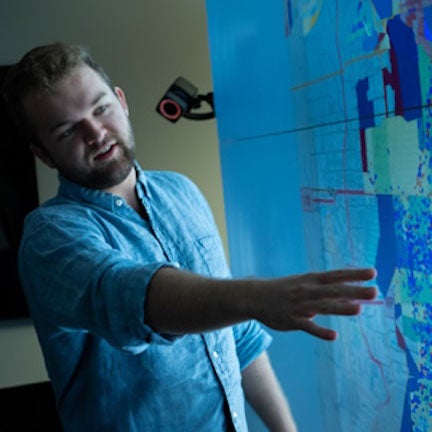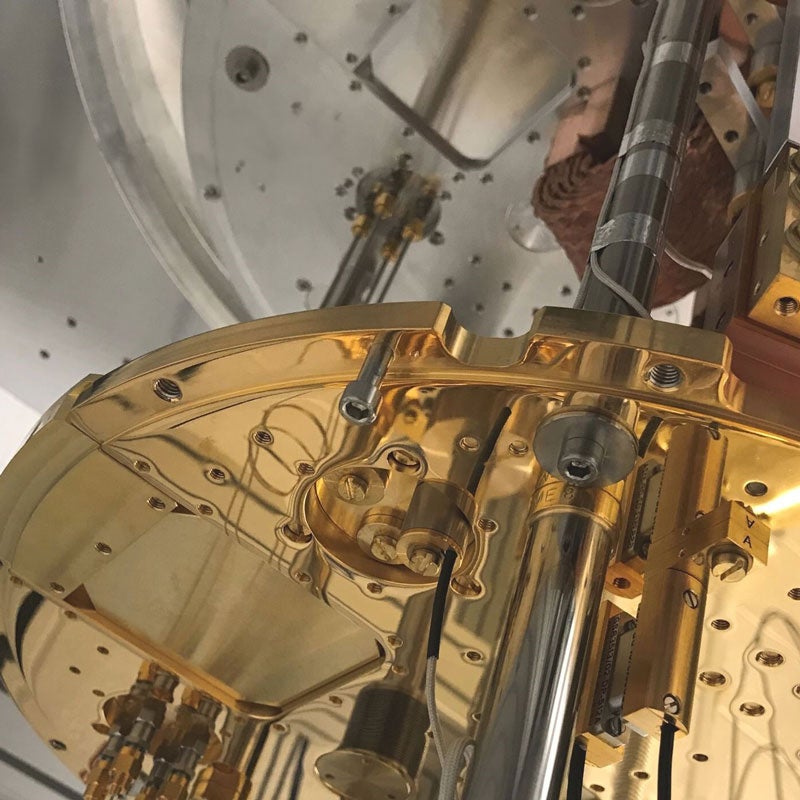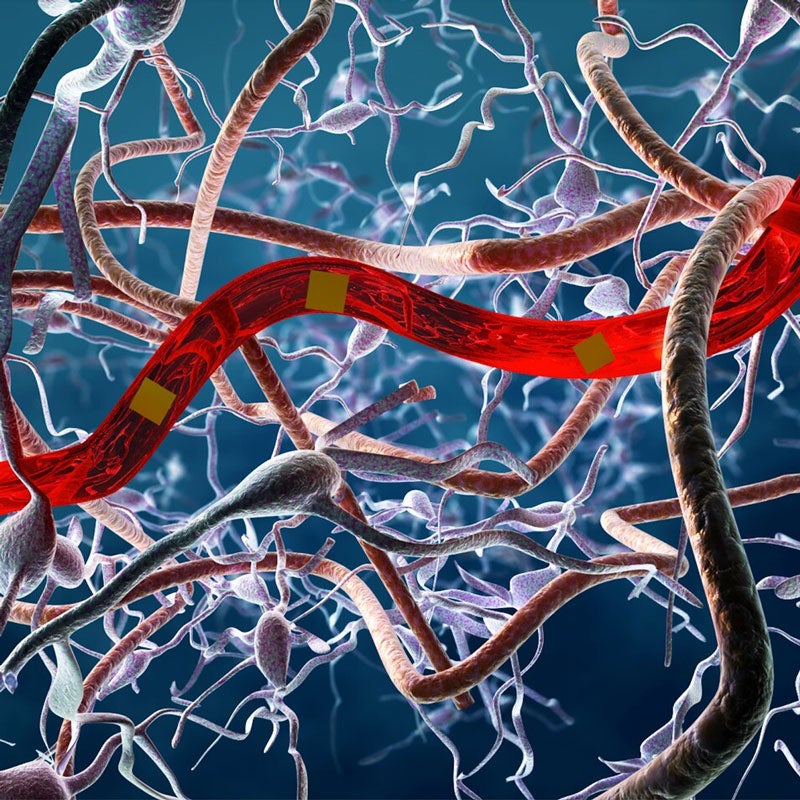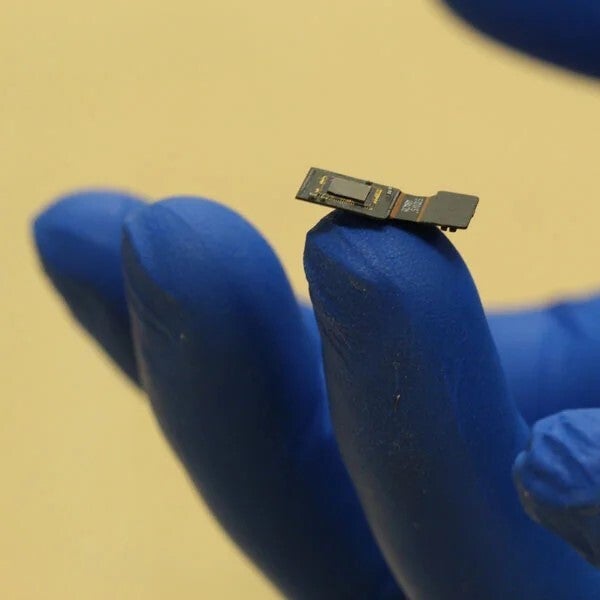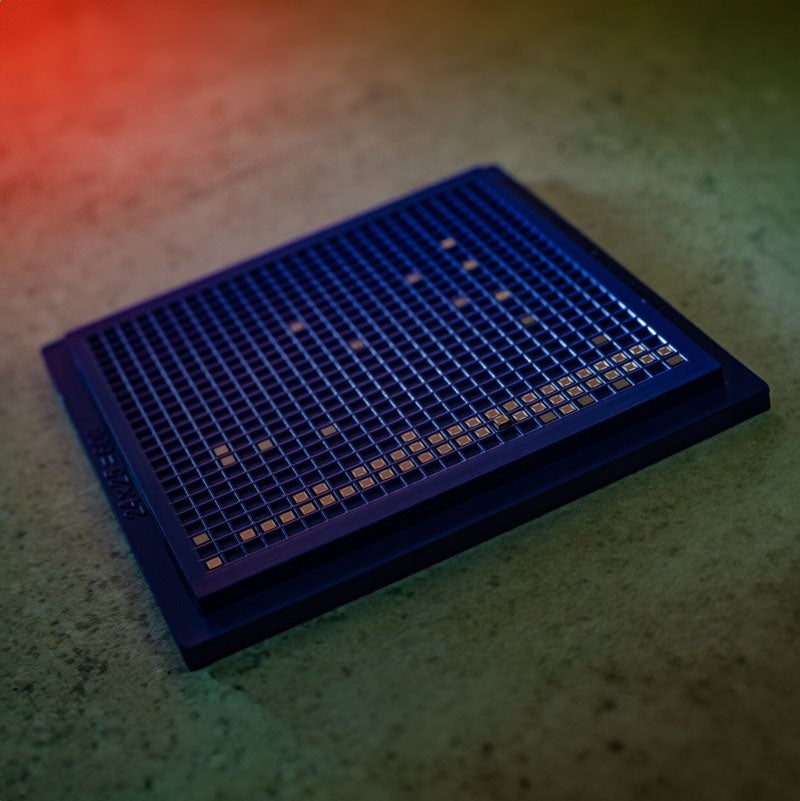
The Master of Electrical and Computer Engineering program at Rice University offers courses in the focus areas listed below. Highlights of the topics covered in those courses are included as well.
Capstone
Capstone projects form the core of the MECE degree by engaging students in the design, assembly, and testing of a state-of-the-art product. Projects span the second and third semesters of the program and are performed in teams. To prepare, students take a foundations course that provides background on their particular focus area. General course requirements are illustrated below and more details can be found below.
Computer Engineering, Wireless Systems, Neuroengineering, Digital Health, & Computer Vision
Computer engineering, wireless systems, neuroengineering, Digital Health, and computer vision capstone projects leverage Rice ECE expertise through faculty collaboration and result in a hardware and/or software product such as a PCB or an autonomous system.
Data Science
Data science capstone projects are overseen by the Data to Knowledge (D2K) Lab and provide hands-on experience with real-world data generally provided by a company or other collaborator. These projects can result in a particular insight or in a model that may be used for continued insight.
Quantum Engineering
Quantum engineering capstone projects involve working with Rice faculty that are experts in the quantum area and students will get to use cutting-edge photonic, electronic, and magnetic technologies to coherently control and measure quantum systems.
Recent Capstone Projects
Hardware Accelerator for SHA-3 Cryptography
Cryptographic hashing algorithms, such as secure hash algorithm 3 (SHA-3), are a critical element of security in Internet of things (IoT) applications. The widespread usage of embedded devices means that many IoT scenarios are vulnerable to side-channel attacks (SCA). Importantly, SCA may pose a severe threat to cryptographic applications like SHA-3 in such devices. This project is focused on designing, manufacturing, and testing an ASIC that protects against differential power analysis (DPA), a specific type of SCA, via masking.
Class D Audio Amplifier with Feedback
Class D audio amplifiers are known for their efficiency, however it is possible to further increase efficiency by incorporating feedback. The goal of this project is to design, manufacture, and test a printed circuit board (PCB) implementation of such a class D audio amplifier with feedback that enables intelligent switching between different power rails to yield lower power usage.
CSI Predict
CSI Compressco, a company that provides natural gas compression services, operates a fleet of compressors that experience costly unexpected shutdowns on a regular basis. The goal of this project is to predict these shutdowns in advance using compressor sensor data in order to give CSI Compressco the opportunity to prevent the shutdowns before they occur.


